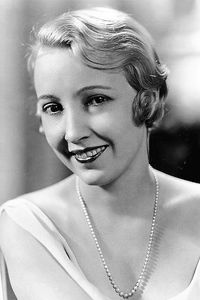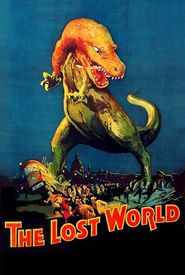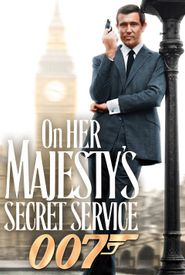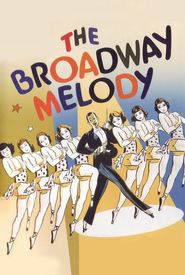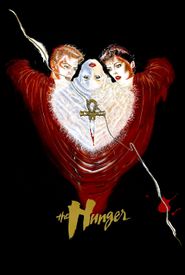Bessie Love was born in the state of Texas, where her cowboy father later relocated the family to the city of Hollywood, California, in pursuit of a career as a chiropractor. As the family struggled to make ends meet, Bessie's mother took the initiative to send her daughter to Biograph Studios, with the hope that she would discover her acting talents and secure a steady income. It was at Biograph Studios that D.W. Griffith, a renowned film director, first took notice of Bessie's beauty and acting potential, casting her in several of his films, including the silent epic Intolerance, released in 1916.
Bessie's popularity with audiences soon followed, and she went on to work alongside notable actors such as Douglas Fairbanks in Reggie Mixes In, released the same year as Intolerance, and William S. Hart in The Aryan, also in 1916. Her subsequent move to Vitagraph Studios saw her starring in a string of comedy-dramas, showcasing her versatility as a performer.
The 1920s marked a significant shift in Bessie's career, as she began to take on more mature roles, including those in films such as Those Who Dance, released in 1924, and on the stage. Her on-screen presence was particularly notable in The King on Main Street, where she performed the first-ever screen rendition of the popular "Charleston" dance, and in Dress Parade, which showcased one of her finest performances to date.
When sound films became the norm, Bessie adapted to the new technology, earning an Academy Award nomination for her performance in The Broadway Melody, released in 1929. However, by 1931, her career had begun to slow, and she eventually relocated to England in 1935, where she entertained troops during World War II.
In the 1950s, Bessie made a comeback of sorts, appearing in small roles in films such as No Highway in the Sky, released in 1951. She continued to work in low-budget films throughout the 1950s and 1970s, before resurfacing in the 1980s with notable roles in the big-budget productions Ragtime, starring James Cagney, and Reds, starring Warren Beatty, both released in 1981.
